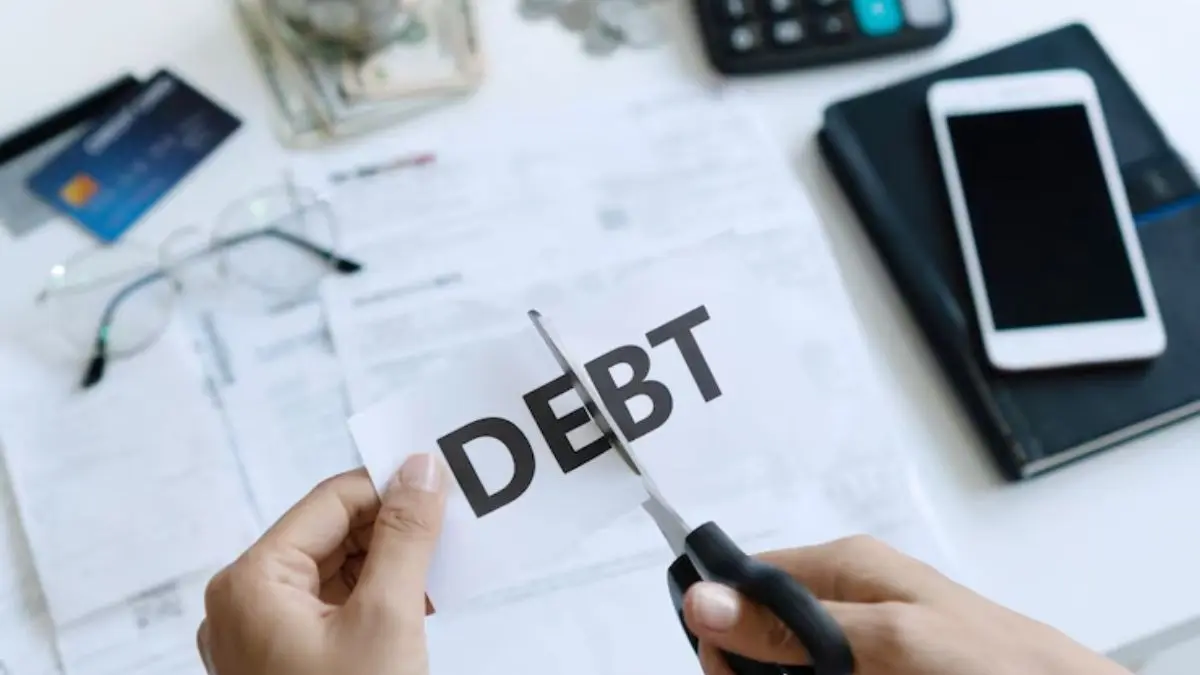Updated 4 June 2025 at 18:49 IST
Using Personal Loans To Repay Debts? Check The Pros And Cons
Taking on debts to meet your financial needs has become fairly common, but most struggle with the repayment as managing several loans and EMIs along with rising interest on loans and credit cards makes repayment challenging.
- Republic Business
- 2 min read

Taking on debts to meet your financial needs has become fairly common, but most struggle with the repayment as managing several loans and EMIs along with rising interest on loans and credit cards makes repayment challenging.
In such a situation, many people would consider a personal loan to clear their debts.
But Can You Use A Personal Loan To Clear Debts?
A personal loan can most definitely be used to repay debts and this approach is known as debt consolidation. This involves taking a single personal loan to pay off multiple debts, like credit card dues and loans.
Advantages Of Debt Consolidation
Lower Interest Rates: Look for a personal loan which offers a lower interest rate than your current debt as a lower interest rate would help consolidating high-interest loans or credit card dues into a single personal loan.
Advertisement
Simplified Repayments: Managing several EMIs, credit card bills and loan repayments can be overwhelming. A personal loan consolidates these into a single monthly EMI. This makes tracking your finances easier.
Credit Score Boost: Clearing your debt on time and reducing your credit utilisation ratio, can potentially improve your credit score which would help you in your next loan application.
Advertisement
Fixed Repayment Term: The fixed tenure of a personal loan helps you plan your future finances as you know the exact timeline.
Disadvantages Of Debt Consolidation
Increased Debt Risks: There is always a risk of increased debts, when consolidating your debt therefore it is very important to evaluate the debt, and why it became important.
Higher Interest Rate: the interest rate of personal loans depends highly on an individual's credit score, which if it is not good, may not be low enough to make a significant difference or could even be higher than your existing debt.
Processing Fee: Personal loans also come with processing fees and other charges like prepayment penalties which can make debt consolidation redundant.
Published By : Sagarika Chakraborty
Published On: 4 June 2025 at 18:49 IST
